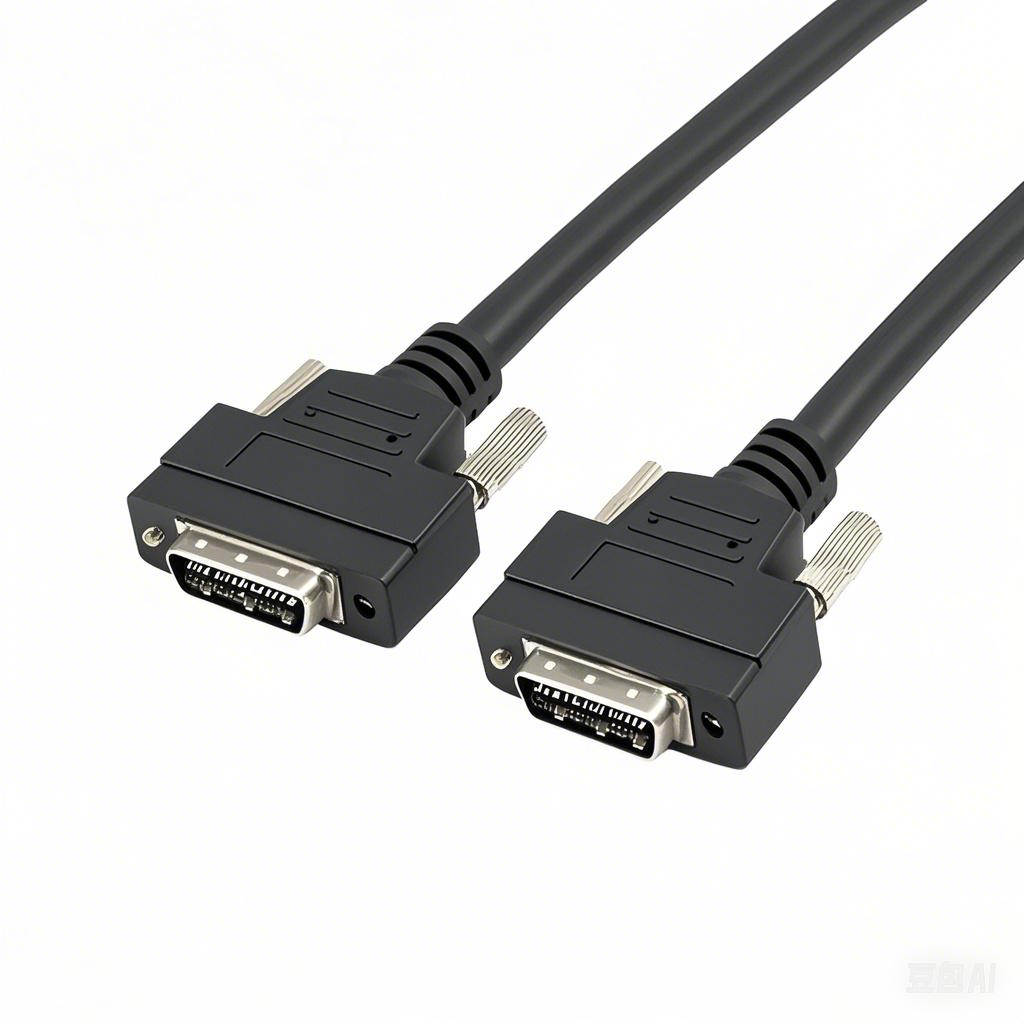What is the Resistance to Mechanical Stress of Machine Cable?
Machine cables are the “nervous system” of industrial equipment, transmitting power and signals in environments filled with movement, vibration, and physical impact. Among their core performance indicators, resistance to mechanical stress stands out as a critical factor—it directly determines the cable’s durability, operational reliability, and service life in harsh industrial settings. Simply put, this resistance refers to a machine cable’s ability to withstand external mechanical forces (such as pulling, bending, twisting, or impact) without suffering damage to its conductor, insulation, or protective sheath, which would otherwise disrupt power/signal transmission or cause safety hazards.
1. Key Types of Mechanical Stress Affecting Machine Cables
To understand this resistance, it first helps to identify the common mechanical forces machine cables face daily. Each type of stress targets different parts of the cable and requires specific design countermeasures:
- Tensile Stress: Occurs when the cable is pulled (e.g., during equipment installation, or when connected to moving components like robotic arms). Excessive tension can stretch the conductor, break its strands, or crack the insulation. High tensile resistance means the cable can endure specified pulling forces (often measured in Newtons) without structural deformation.
- Bending Stress: The most frequent stress for machine cables, especially in automated systems with repetitive motion (e.g., conveyor belts, CNC machines). Repeated bending can fatigue the conductor (leading to breakage) and wear down the sheath. Resistance to bending is evaluated by how many cycles the cable can withstand (e.g., 10,000+ bends) at a specified bend radius (typically 5–10 times the cable diameter) before failure.
- Torsional Stress: Arises when the cable is twisted during equipment operation (e.g., rotating machinery like mixers or wind turbines). Poor torsional resistance causes the conductor to become tangled or the sheath to split, exposing internal components to dust and oil.
- Impact & Abrasion Stress: Caused by physical collisions (e.g., falling tools, contact with heavy equipment) or friction against surfaces (e.g., cables rubbing against machine frames). This stress often damages the outer sheath first; strong impact/abrasion resistance prevents the sheath from tearing and protects the inner conductor and insulation.
2. Factors That Determine a Machine Cable’s Mechanical Stress Resistance
A cable’s ability to withstand mechanical stress is not accidental—it depends on deliberate design choices and material selection:
- Conductor Material & Structure: Copper is the primary conductor material for machine cables due to its high ductility and tensile strength. Stranded copper conductors (rather than solid copper) are preferred because the multiple small strands distribute stress more evenly during bending or twisting, reducing fatigue. For high-tension applications, conductors may be reinforced with steel or aramid fibers (e.g., Kevlar) to boost tensile resistance.
- Insulation & Sheath Materials: These outer layers are the first line of defense against mechanical stress. Common materials include:
- PVC (Polyvinyl Chloride): Offers good abrasion resistance and cost-effectiveness for general industrial use.
- PU (Polyurethane): Excels in flexibility and impact resistance, making it ideal for cables in frequent bending or harsh environments (e.g., automotive manufacturing).
- TPE (Thermoplastic Elastomer): Combines the flexibility of rubber with the durability of plastic, providing balanced resistance to bending, torsion, and abrasion.
- Cable Structure Design: Additional structural elements enhance mechanical resilience. For example, a braided steel or fiberglass reinforcement layer adds tensile and torsional strength; a spiral shielding layer not only blocks electromagnetic interference but also reduces bending fatigue; and a smooth, thick sheath minimizes friction and impact damage.
3. Practical Testing Standards for Mechanical Stress Resistance
To ensure reliability, machine cables must meet international testing standards that quantify mechanical stress resistance. These standards help users (e.g., factory engineers, procurement teams) verify if a cable matches their application needs:
- IEC (International Electrotechnical Commission): Standards like IEC 60228 (conductor specifications) and IEC 60332 (mechanical testing for cables) define test methods for tensile strength, bending cycles, and impact resistance.
- UL (Underwriters Laboratories): UL 1581 specifies tests for torsional endurance and abrasion resistance, ensuring cables meet safety and performance requirements for North American markets.
- DIN (Deutsches Institut für Normung): DIN EN 50396 focuses on cables for industrial automation, with strict criteria for bending resistance in continuous-motion applications (e.g., 1 million+ bending cycles for robotic cables).
4. Why Mechanical Stress Resistance Matters for End Users
For factories and industrial facilities, choosing machine cables with strong mechanical stress resistance is not just about durability—it directly impacts operational efficiency and cost:
- Reduces downtime: Cables with poor resistance fail frequently, requiring costly repairs and halting production.
- Lowers maintenance costs: Durable cables need fewer replacements, cutting long-term procurement and labor expenses.
- Enhances safety: Damaged cables risk short circuits, electrical shocks, or fires. Strong mechanical resistance prevents these hazards by keeping the cable’s structure intact.
When it comes to machine cables with reliable mechanical stress resistance, FRS brand factory stands out as a trusted partner. FRS adheres to IEC, UL, and DIN standards throughout production, selecting high-quality stranded copper conductors and wear-resistant PU/TPE sheaths to ensure each cable withstands tens of thousands of bends, strong torsion, and harsh impacts. Whether for automated assembly lines, heavy machinery, or rotating equipment, FRS customizes cable designs to match your specific mechanical stress needs—delivering durability that minimizes downtime and maximizes your factory’s productivity. For machine cables that don’t compromise on performance, FRS is the choice you can rely on.











